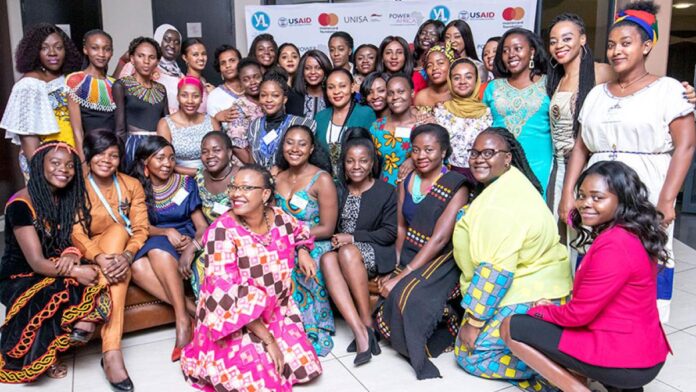
As our country gears up for the celebration of International Women’s Day, numerous questions linger concerning women’s empowerment.
The event is scheduled to take place in Katakwi District on March 8, 2024, under the theme “Accelerating Gender Equality through Women’s Economic Empowerment.”
As we prepare for the celebration, it is important to contemplate the current status of women and the formidable challenges that persist in their journey towards empowerment.
One of the pressing concerns is the rising poverty levels in Uganda, with approximately 3.5 million individuals living below the food poverty line. Addressing this issue will be key to achieving sustainable national development.
The upcoming celebration provides an opportune moment to spotlight the need for targeted interventions to uplift vulnerable populations, particularly women, from poverty.
Having worked with women for the past decade and being a woman myself, I’ve observed that many women bear the burden of caring for their families, driving a significant number to enter the labor market, some of which may not be conducive to their health.
According to research made in 2022, in Uganda, the labor force participation rate among females stood at 67.6%, while among males, it was 72%. The labor force participation rate, representing the proportion of the population aged 15 and older that is economically active, has seen an upward trend since 1990, particularly for females.
Notably, the gender gap in labor force participation is lower in Uganda compared to the low-income group.
Compounded by the challenges of a growing young population and high unemployment rates, women face additional hurdles. Urgent interventions are essential to promote wealth creation, increase household incomes, and empower women economically.
This year’s celebration theme rightly emphasizes the role of economic empowerment as a catalyst for achieving gender equality and development.
Adding to the context, the total population of Uganda from 2012 to 2022, broken down by gender, reveals that in 2022, the female population reached approximately 23.85 million, while the male population totaled around 23.4 million inhabitants. These statistics show the undeniable importance of addressing the challenges faced by women for Uganda’s holistic development.
Persistent patriarchal practices continue to cast a dark shadow over the ideals of gender equality. Gender-based violence remains prevalent, fueled by harmful cultural practices such as child marriage and Female Genital Mutilation (FGM).
According to a UN report released on November 22, 2022, as part of the National Survey on Violence against Women and Girls (VAWG) in Uganda, findings revealed that nearly all Ugandan women and girls (95%) had experienced physical or sexual violence, or both, from partners or non-partners since the age of 15.
This revelation serves as a reminder and a call to action for the urgent need for legislative reforms and community engagement to eliminate these harmful practices. The uneven gender division of labor further adds to the challenges faced by women, disproportionately burdening them with care and production work within the family, limiting their access to education, economic participation, and involvement in decision-making processes.
International Women’s Day serves as a great platform to advocate for the redefinition of traditional gender roles, promoting a more equitable distribution of responsibilities both domestically and across society.
In Uganda, insecurity, conflicts, and land disputes are disproportionately affecting women and marginalized groups. The celebration should offer a platform to address the root causes of these issues and advocate for policies safeguarding women’s rights in land ownership and resource utilization.
The pervasive issue of corruption poses a significant threat to effective government interventions aimed at promoting gender equality and women’s empowerment. There is need for transparency, accountability, and zero tolerance for corruption in programmes designed to uplift women and Uganda as a whole.
Addressing the challenges impeding gender equality and women’s economic empowerment requires collective action and unity among various stakeholders. It is essential for different entities to work together to create an enabling environment that allows women to thrive, thereby contributing to the overall development of the nation.














